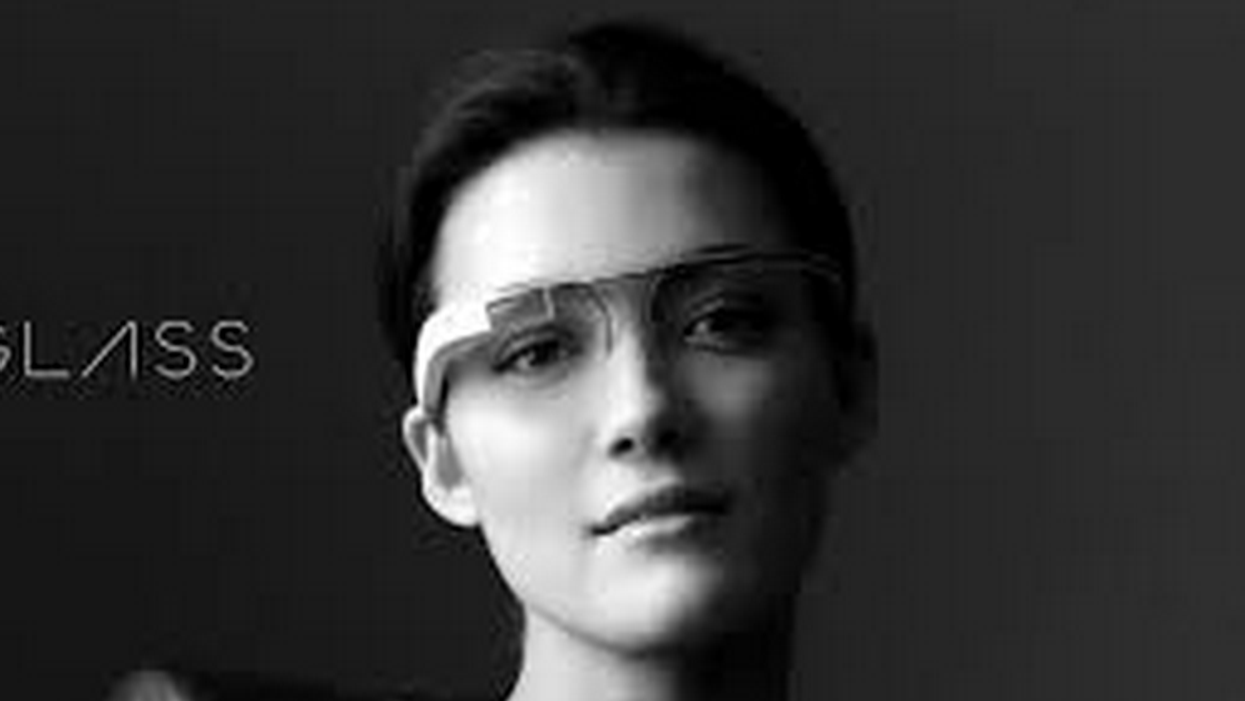In 1960, the Eclair camera system revolutionized the way documentary filmmakers could interact with their subjects. As a result of this technological breakthrough, and the infinite possibilities of an unfettered handheld camera, cinéma vérité was born and handheld narrative films followed suit. Cut to the year 2014, and a new technology has surfaced that could once again change the way visual stories are told. I'm talking of course about Google Glass, and any other interactive eyewear that will surely come along soon. Even though Google Glass is mostly seen as a plaything for trendy techies, one filmmaker has already begun to tell stories in a way that we've never seen before, and the results are fascinating.
Josh Kim is a Korean-American filmmaker who has shot a few well-received documentary shorts and has directed videos for Google. Recently, he has been working on a project called Google Glass Diaries, in which he has given the futuristic eyewear to people of various professions in Myanmar in order to capture their unique view of the world around them. Each segment is incredibly short, but provides a magnificent first-person glimpse into something that would otherwise be nearly impossible to film by traditional means.
Here are a select few of Kim's first entries into Google Glass Diaries. First up, a sugarcane juice vendor:
And a kickboxer:
And my personal favorite, a fortune-teller:
Obviously the idea of a first-person camera is not a new one. It's a technique that, to a certain extent, has been in use for upwards of 100 years. However, these brief stories from Kim feel far more immediate and personal than any traditional first-person POV filmmaking. In fact, these short little entries into the Google Glass Diary are completely entrancing. There's an immaculate sense of immediacy that likely couldn't be captured in any other way, even with a GoPro strapped to these people's' faces.
Part of the reason that Google Glass could be a revolutionary tool for documentary filmmakers is that it takes away much of the facade that is inherently created by the simple act of filming a subject. Because Google Glass is an accessory that is meant to be worn, there is no need for a filmmaker to be present while the subjects are living and filming the story. This could potentially lead to documentary films that are far more personal and which contain footage that would have been impossible to acquire with previous methods of documentary filmmaking.
All in all, using Google Glass as a tool for filmmaking is an interesting proposition that comes with a slew of unique benefits, especially in terms of capturing captivating first-person narratives with unrestricted access to every aspect of the life of a subject (which might not be a great thing, but who knows). In the end, however, Google Glass is another tool in an ever-expanding arsenal of tools for creative storytelling.
Be sure to check out the other entries in the Google Glass Diaries, because they're all interesting.
What do you guys think of Kim's Google Glass Diaries? Could these futuristic spaceman glasses revolutionize documentary filmmaking in the same way that the handheld glasses did in the 1960s? Let us know down in the comments!
Links:
[via PolicyMic]














